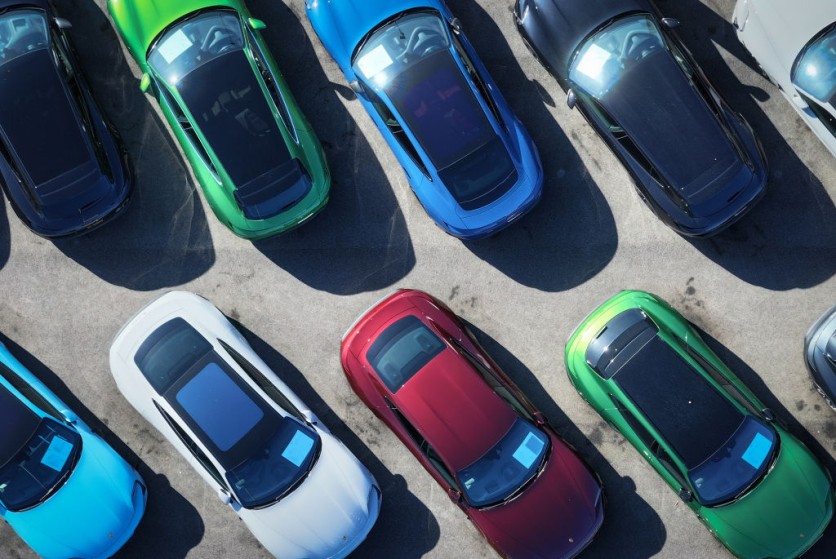European automakers are encountering difficulties securing crucial battery metals necessary for their electric vehicle (EV) ambitions by 2030. The analysis reveals that European carmakers will only block 16% of the essential lithium, cobalt, and nickel required for their electric vehicles by 2030.

Securing Only 16% of Critical Metals for EV Batteries
While Tesla leads in the battery supply chain, excelling in raw material and cell production strategies, this notes a gap, with European carmakers trailing in responsible mineral sourcing compared to Tesla and BYD.
Julia Poliscanova, Senior Director for Vehicles and Mobility Supply Chains at Transport & Environment (T&E), highlights the disparity, noting an apparent disconnect between carmakers' EV goals and their critical mineral strategies.
The T&E analysis singles out Tesla and BYD as the sole companies effectively ensuring a stable supply of cobalt, lithium, and nickel to meet their 2030 sales objectives.
While Volkswagen ranks second overall, excelling in raw material and cell production, it falls short on responsible sourcing practices. Stellantis, another European automaker, demonstrates promise in securing battery metals.
Among the six companies with long-term contracts or plans to alter battery chemistries to reduce dependence on critical metals are Tesla, BYD, Volkswagen, Ford, Renault, and Stellantis.
In contrast, Mercedes has only one publicly disclosed contract. BMW, known for opposing the EU's combustion engine phase-out, lacks adequate disclosure regarding its nickel, cobalt, or cathode materials plans.
Financial Times they are reported that German car manufacturers, including BMW, Mercedes-Benz, and Volkswagen, are at the forefront of implementing responsible supply chain practices, focusing on metrics such as raw material traceability, low-carbon processes, and human and indigenous rights protection.
Adoption of Green Technology in Europe
In a separate evaluation of resilience to supply chain disruptions, Volkswagen, Stellantis, and Mercedes-Benz demonstrate strong performance, actively contributing to supporting EU startups in battery components and minerals processing.
This proactive engagement is crucial for widespread green technology adoption in Europe and ensuring a secure supply chain. The report issues a cautionary note to automakers, emphasizing supply chain strategies' pivotal role in determining the EV transition's success in Europe.
Interesting Engineering reported that it underscores the importance of supporting local refining and battery component factories, stating that Europeans have a lead in cleaning up supply chains, which is critical for consumer acceptance and unlocking ESG finance.
The report's findings echo the concerns highlighted in recent media coverage, portraying European car manufacturers as lagging significantly in the competition for essential raw materials crucial for electric car batteries.
In response to the challenges identified in the report, there is a pressing need for proactive initiatives within the automotive industry to secure the critical minerals vital for the electric vehicle revolution, ensuring the establishment of a sustainable and responsible supply chain.
Related Article : EU Weighs Imposing Tariffs Against Chinese EV Manufacturers

ⓒ 2026 TECHTIMES.com All rights reserved. Do not reproduce without permission.




